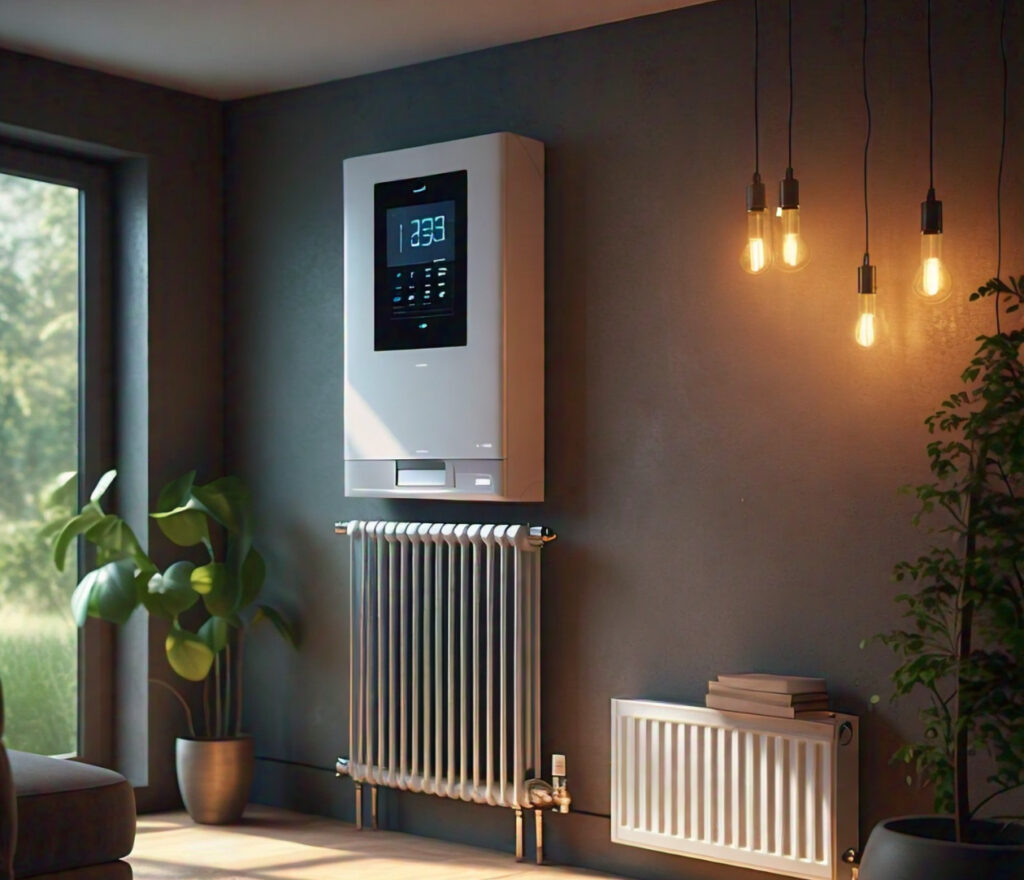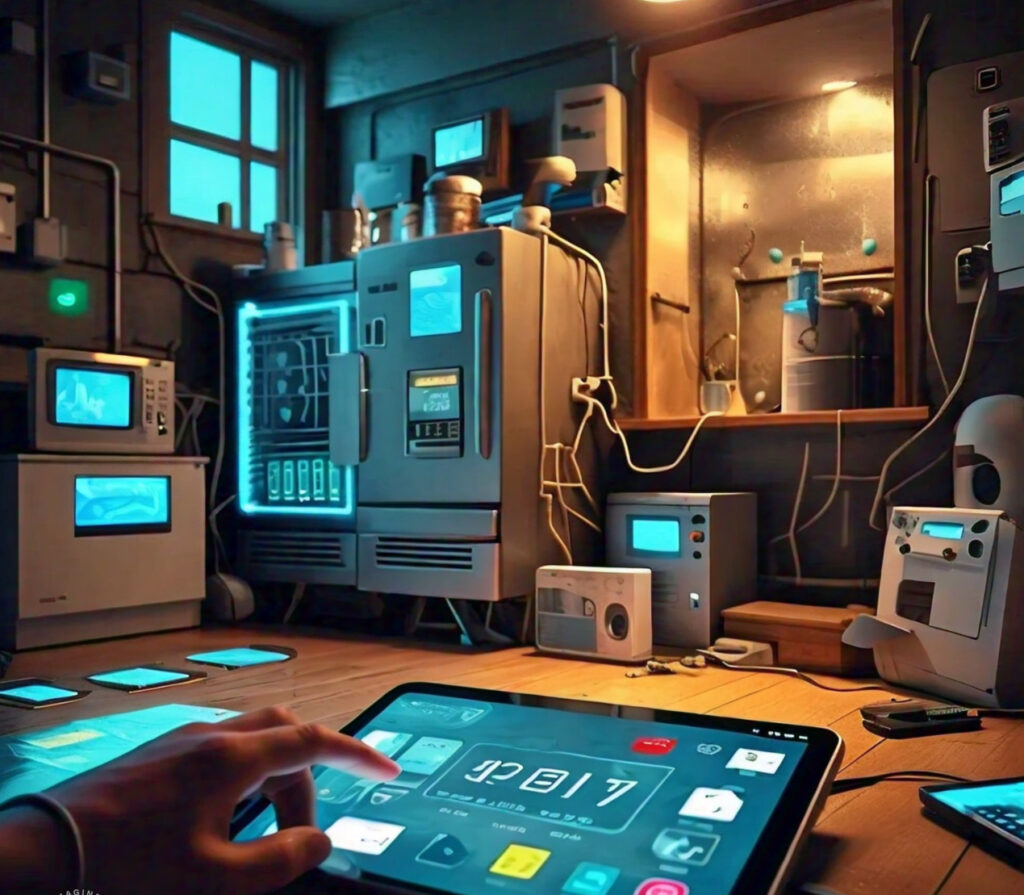Most households can save a lot of money on utility bills. Utilities such as electricity, gas, water, and the internet are indispensable services in our daily lives, but they take so much from our pockets. it is aimed at proposing different strategies and tips to help reduce the costs of your utilities without necessarily affecting comfort or convenience.

Understanding Your Utility Bills
Before getting into the ways of cutting costs, it is important to understand your utility bills. It helps you to point out where you could make the greatest savings.
Electricity
The usage charges according to consumption in kilowatt-hours, fixed charges, like a network charge, and any taxes or surcharges are the usual makeup of an electricity bill.
Take some time to study your bill to learn how much electricity you use, and when. Many utilities offer online tools that can help you understand your usage over time.
Gas
Gas bills will often contain:
- Usage charges- normally in terms of cubic feet
- Fixed charges
- Taxes and fees
Like electricity, if you know how your gas is used, you will be able to find opportunities to do things a little better.
Water
The following are common items found on water bills:
- Consumption charges, by the gallon or cubic foot
- Sewage charges
- Fixed charges and taxes
If you live in an area with a high water rate, watch your consumption carefully.

Internet and Telephone
Some common charges include:
- Service charges by the month
- Rentals for equipment
- Taxes and surcharges
Look into special bundle packages or promotional offers that may be a better deal for you.
Energy-Saving Tips for Your Home
One of the best ways to reduce utility bills is by using less energy. Here are some practical tips you may apply at home for energy saving:
Optimize Your Heating and Cooling
Heating and cooling comprise a huge percentage of most utility bills. Try these methods:
- Install a programmable thermostat to raise and lower the temperature automatically.
- Seal air leaks around windows and doors.
- Insulate your attic and walls properly.
- Schedule regular changes or replacements of HVAC filters
- Use ceiling fans to circulate the air and avoid using an air conditioner
Maximizing Lighting Efficiency
Lighting can consume far more power than most people conceive. Here are some ideas to help maximize your lighting system for efficiency:
- Replace old incandescent bulbs with LED bulbs, as they can use about 75% less energy than incandescent bulbs
- Install dimmer switches, which help regulate the level of lighting as desired
- Try to use natural light instead of artificial lighting
- Turn off the lights when you leave a room.
Upgrade to Energy-Efficient Appliances
It might need some investment initially but upgrading to energy-efficient appliances saves many big bucks over time. Following are a few tips:
1. opt for appliances with the ENERGY STAR certification
2. replace old refrigerators, washing machines, and dishwashers with their latest efficient models
3. install a tankless water heater to save power on hot water
Reduce Standby Power Consumption
Most of the electronics keep drawing power though they are turned off. Fight this “vampire power” by
- Turn it off when not in use
- Putting your electronics on a strip so you can easily cut the power to many items at once
- Allowing your computer and other electronics to use their power-saving modes
Water Conservation Techniques
Save water and lower your water bill by conserving a valuable resource. Here are some of your options for water conservation:
Fix Leaks without Delay
The tiniest leak in your faucets, pipes, or toilets can waste many gallons of water over a certain period:
- Regularly inspect your faucets, pipes, and toilets for leaks
Replace worn-out washers and gaskets; Installation of water leak detectors may be considered as an early warning
Install Water-Efficient Fixtures
Install more efficient plumbing fixtures in your home:
Low-flow showerheads and faucet aerators
Dual-flush toilets or toilet tank banks
Dishwashers and washing machines certified under ENERGY STAR
Adopt Water-Saving Habits
Often, the easiest way to conserve water is to simply change a few daily habits. Saving water can be easy: you can have fun doing it. Here’s how:
Take shorter showers
Turn off the tap while brushing your teeth or shaving
- Run full loads only in dishwashers and washing machines
- Water your lawn early in the morning or late in the evening to minimize evaporation
Decreasing Gas Consumption
If you have natural gas use in your household, here are some ways you can reduce your consumption:
Boosting Water Heater Efficiency
Water heating can account for a big percentage of gas bills for a home:
- Set your water heater temperature to no higher than 120°F (49°C)
- Insulate your water heater and hot water pipes
- Run wash cycles in cold water when feasible
Improve Cooking Behavior
Operating gas stove and oven:
- Putting a lid on pots reduces cooking time
- Matching pot size to burner size will heat the pot more efficiently
- Use a microwave or toaster oven for small meals rather than heating up the full-sized oven
Service Gas Appliances
Routine maintenance may enhance efficiency and safety:
- Annual maintenance of the gas furnace.
- Periodic cleaning of gas stove burners
- Detection of gas leaks and their repair
Utility Savings through Smart Home Technology
Smart home technology will introduce more efficient methods of harnessing energy and hence save money for the consumer in terms of utility bills
Smart Thermostats
These gadgets will learn your schedule and automatically adjust the heating and cooling
- Automatically change the temperatures when you are out of the home or when you are sleeping
- Remote control function with a smartphone app
- Provide energy usage reports for clarity
Smart Power Strips
Advanced power strip use in saving energy can be done through:
- Automatically cutting energy to standby mode products
- Scheduling ability to power on/off
- Energy consumption is real-time
Smart Lighting
Intelligent lighting can offer a significant electricity usage saving through:
- Lights are automatically turned on/off based on motion sensors
- Scheduling is performed to uniformly save energy
- Allowing smart home assistant integration, users can voice control lighting using applications on their smartphones
Negotiating Better Utility Rates
Don’t be afraid to shop around or negotiate with your utility providers:
Compare Providers
For cities and states with deregulated utilities:
- Research other providers, and their rates
- Check for any introductory offers or loyalty discounts
- Consider Renewable Energy providers: while more expensive upfront, they can offer significant long-term savings
Ask for Better Rates
Reach out to your current providers:
- Ask if they have any discounts available, or if they’re running any promotions
- If you have competing offers in hand, ask if they can match that rate
- Determine if bundling services would make sense and save some money.
Time-of-Use Plans
Some utility companies engineered plans to provide you with lower rates for off-peak usage:
- Reschedule the days to run high energy-demand appliances
- Use programmable appliances scheduled to run at low-rate periods
- Plug your electric car in to charge overnight when rates are usually low.
Collective and Government Programs
There are several programs specially designed to reduce the cost of utility:
Energy Audits
Most utilities will carry out a free or cheap energy audit:
- Professional assessment of your home’s energy efficiency
- Customized recommendations for improvements
- Information on available rebates or incentives
Weatherization Assistance
Low-income households may be eligible for weatherization programs offering:
- Free energy efficiency upgrade
- Energy-saving practices education
- Long-term savings potentiality is quite significant
Rebates and Tax Credits
Look for financial incentives for energy-efficient upgrades to your home, such as:
- Rebates for ENERGY STAR appliances
- Tax credits for installations of renewable energy
- Incentives for home insulation improvements
Long-Term Utility Savings Strategies
A few investment ideas, though huge upfront, which could result in sustained savings in utility costs include the following:
Solar Panel Installation
Solar panels may be very expensive at the point of installation, but over time, they save a lot of money through:
- Minimizing or even nullifying the electricity bill
- Ability to sell additional energy back into the grid
- Appreciation of the value of your home
Geothermal Heating and Cooling
These systems tap into the earth’s consistent temperature to heat and cool your space:
- Very effective and environmentally friendly
- Can save up to 70% on heating and cooling
- Durable, with very low maintenance
Home Insulation Upgrades
Good insulation will help maintain the temperature of the house, whether it’s hot or cold:
- Proper insulations installed in walls, attics, and basements
- Double- or triple-pane windows
- Weatherstripping and caulking, to seal air leaks
Conclusion
At the same time, saving on utilities does not equally condemn you to a total lack of comfort or inconveniences. You can reduce your utility bills by as much as one-third by following one or more of the above strategies and will be contributing toward saving the planet for a sustainable future.
This translates to starting with simple changes, like temperature adjustment and plugging leaks, to bigger investments, such as energy-efficient appliances and smart home technology.
Remember that every little bit helps. Some of these procedures may seem insignificant by themselves, but combined, they can have rather significant effects over time.
Keep learning about new technologies and programs that can save money, and call in utilities for more advice on possible discounts.
By taking control of your utility consumption and utility costs, you take care of your wallet and help clean the environment. So, what are you waiting for? Implement these tips right now and see your utility bills go down, while your savings grow.






